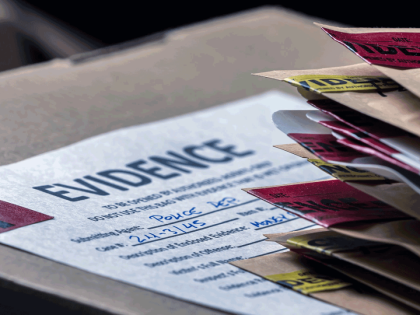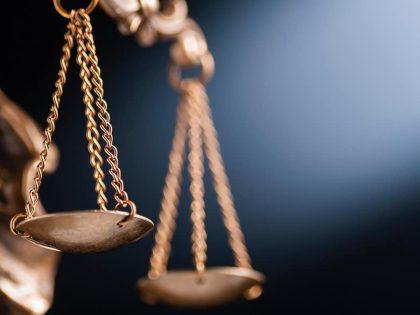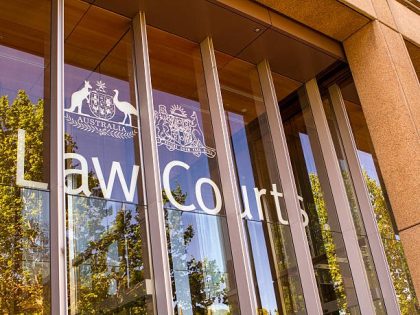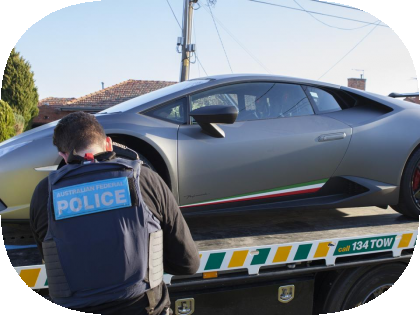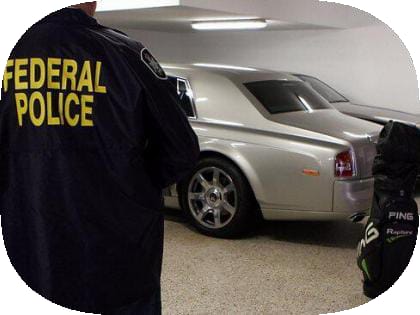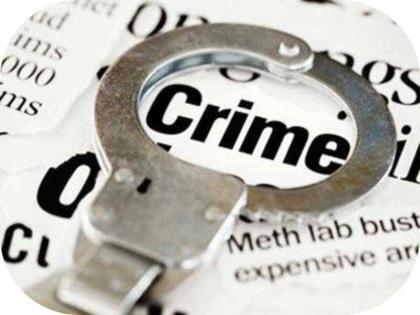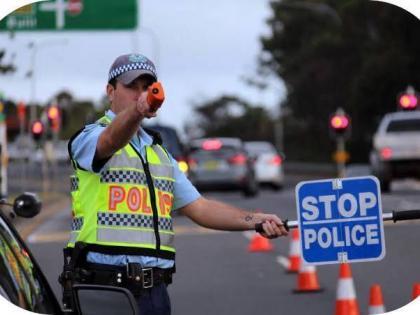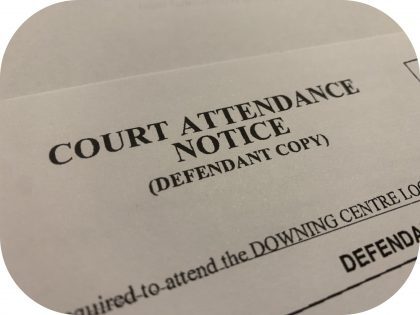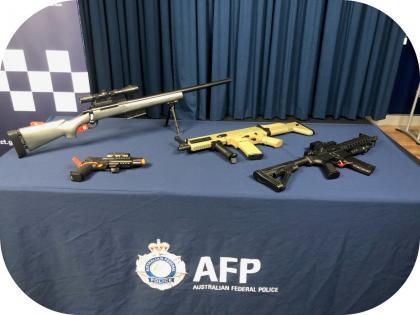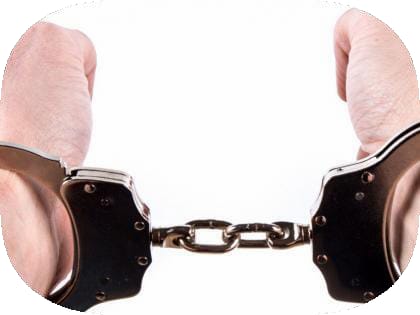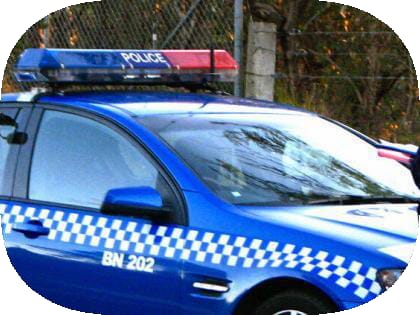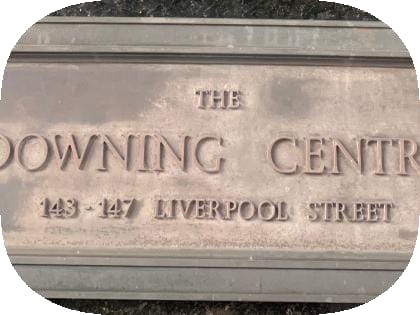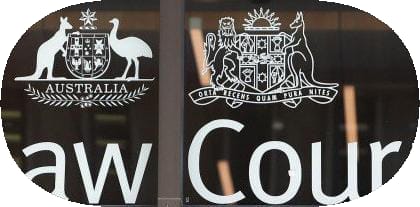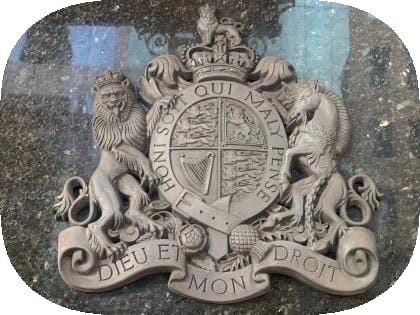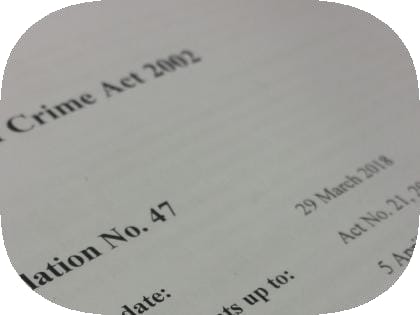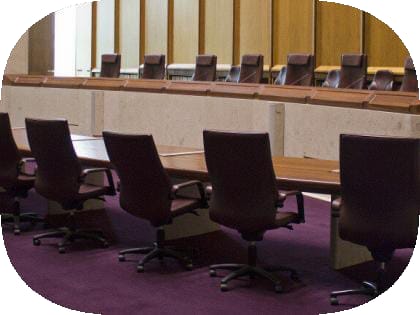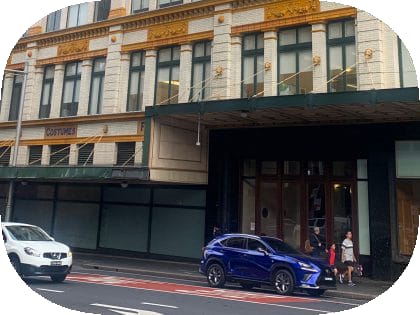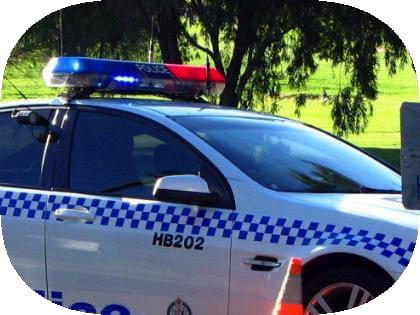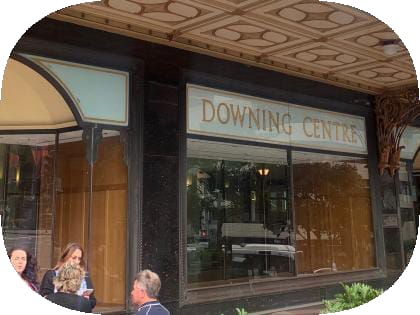Quick Guide to Drug Charges at Music Festivals
0 CommentsThe prevalence of drug possession at festivals has become a more common occurrence. In response police are often patrolling at events, sometimes with the assistance of drug detection dogs. The law that regulates drug possession in New South Wales is the Drug misuse and Trafficking Act 1985 (NSW). Possessing a prohibited drug is an offence under section 10 of the act that provides “a person who has a prohibited drug in his or her possession is guilty of an offence”. The government takes a very strong stance on drugs because of their dangerous nature and therefore the penalties associated with possession are very serious. If you have been charged with drug possession arising from a festival and need advice, call Brian Walker Criminal Lawyers (24 hrs) to speak with an experienced lawyer.
Frequently asked questions
Can I be charged if I put drugs in an amnesty bin?
The NSW Premier is quoted as saying that amnesty bins are an opportunity to get rid of drugs before you are charged by the police. Amnesty bins are a newly introduced government initiative to allow people in the possession of drugs to dispose of them with no questions asked. It is an opportunity for you to get rid of the drugs before you can be charged by a police officer.
Do I have to answer questions if stopped by police?
It is a common law right to remain silent if police are questioning you under the suspicion of a crime. You are only required by law to identify yourself to an officer through sharing your name and address (s 11 Law Enforcement (Powers and Responsibilities Act) 2002 (NSW)). Despite this, we would suggest that you remain polite and courteous to police officers.
Do I have to consent to a search / strip search?
A police officer can search you if they suspect on reasonable grounds that you have a drug in your possession.
The law around strip searches is a little more unclear. The law says strip searches can be carried out if the seriousness and urgency of the circumstances make the strip search necessary. Attalla v State of NSW [2018] NSWDC 190 is an example of a case where a strip search was carried out without the necessary seriousness and urgency which resulted in compensation to the person searched.
Do I have to give police my phone and/or my phone password?
A police officer can detain your phone if they believe on reasonable grounds that your phone was used in connection with the commission of an offence (such as drug possession or drug supply). A police officer may also detain your phone if they believe on reasonable grounds that it may provide evidence of the commission of an offence (such as drug possession or drug supply).
Unless the police have a court order, you are not obliged to provide your password to your phone to police.
What penalty am I going to get?
The maximum penalty for a drug possession charge is a fine of 20 penalty units or imprisonment for a term of 2 years, or both (s 21 Drug Misuse And Trafficking Act 1985 (NSW)). The value of one penalty unit is currently equal to $110 each, totalling the fine at $2200 (Crimes (Sentencing Procedure) Act 1999 (NSW)). If you have been charged with drug possession it is best to seek advice from Brian Walker Criminal Lawyers (24 hours).
What consequences will a criminal record give me?
A criminal record is a blueprint of your past conduct that can have permanent consequences. There are numerous situations where you will be asked to disclose your criminal history and unfortunately a criminal record does not make you the most ideal job applicant. You may find applying for housing, employment and other common applications to be very difficult because of your record.
About Post Author
* Information contained in this article is of a general nature only and should not be relied upon as concise legal advice.
Please contact for legal advice tailored to your situation. *



![Case review: R v Mauger [2012] NSWCCA 51](https://walkercriminallawyer.com.au/wp-content/uploads/2024/10/conviction-1-420x269.webp)
